When Marvin Hamlisch passed away in August 2012 the worlds of music, theatre and cinema lost a talent the likes of which we may never see again. Seemingly destined for greatness, Hamlisch was accepted into New York’s Juilliard School as a 6-year-old musical prodigy and rapidly developed into a phenomenon. With instantly classic hits ‘The Way We Were’ and ‘Nobody Does It Better’ and scores for Hollywood films such as The Swimmer, The Sting and Sophie’s Choice and the Broadway juggernaut A Chorus Line; Hamlisch became the go-to composer for film and Broadway producers and a prominent presence on the international Concert Hall circuit. His streak was staggering, vast, unprecedented and glorious, by the age of 31 Hamlisch had won 4 Grammys, an Emmy, 3 Oscars, a Tony and a Pulitzer prize: success that burned so bright, it proved impossible to match.
Related Movies
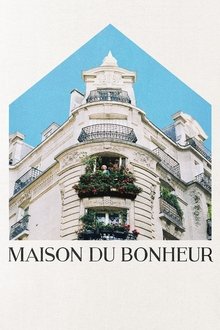
Maison du Bonheur (2018)
When asked to make a documentary about her friend’s mother—a Parisian astrologer named Juliane—the filmmaker sets off for Montmartre with a Bolex to craft a portrait of an infectiously exuberant personality and the pre-war apartment she’s called home for 50 years.

The Future Is Rotten (2020)
A secret culture of foragers hunt the Matsutake, a coveted Japanese mushroom worth up to $1,000 a pound—although its true value lies underground as a brilliant networker and healer of ruined landscapes. The Matsutake might just be our last, best hope for an American forest system run amok.
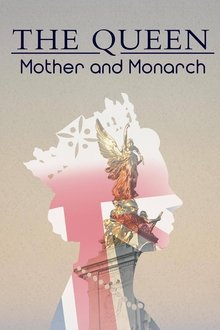
The Queen: Mother and Monarch (2022)
Following the announcement from Buckingham Palace of the death of Her Majesty The Queen, we examine how Queen Elizabeth II balanced her duties as head of both her family and her country
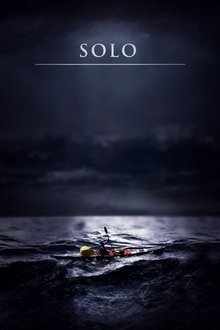
Solo (2008)
Michôd and Peedom's hour-long documentary recounts the tale of Andrew McAuley, an Australian adventurer who, in 2006, launched a quest to become the first person to paddle a kayak across the treacherous Tasman Sea, one of the loneliest and toughest stretches of water in the world.
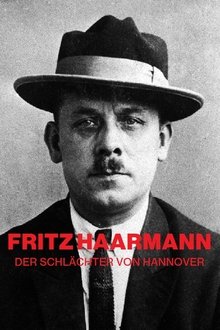
Fritz Haarmann: The Butcher From Hanover (2017)
In Hanover, Germany 1924, the discovery of bones and skulls catches the authorities’ attention. Media covers the case and a suspect – Fritz Haarmann – is quickly arrested. Haarmann is a local butcher who manufactures his own sausages. Friedrich Heinrich Karl "Fritz" Haarmann (25 October 1879 – 15 April 1925) was a German serial killer, known as the Butcher of Hanover and the Vampire of Hanover, who committed the sexual assault, murder, mutilation and dismemberment of a minimum of 24 boys and young men between 1918 and 1924 in Hanover, Germany.

The Metropolitan Opera: Il Trovatore (2011)
Verdi’s IL TROVATORE again storms the Met stage in a star-studded, anvil-wielding cast , including Sondra Radvanovsky, Dolora Zajick and Dmitri Hvorostovsky. Marcelo Álvarez sings Manrico, the troubadour of the title. The story is well-known already: The gypsy Azucena has harbored a grudge for thirty years, but she is about to have revenge at last. Meanwhile, her son Manrico is in love with Leonora, but so is his arch-enemy, the Count Di Luna. A pot-boiler, where every tune is a hit.
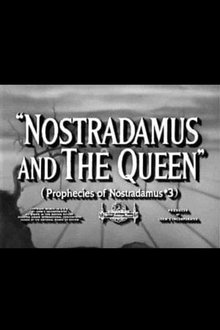
Nostradamus and the Queen (1953)
An elderly Catherine de Medici reflects back on how the prophecies of Nostradamus accurately predicted the fates of her husband, her three sons and herself.
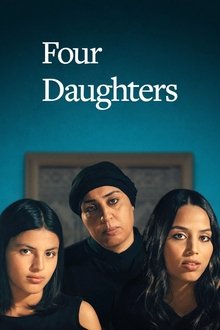
Four Daughters (2023)
Between light and darkness stands Olfa, a Tunisian woman and the mother of four daughters. One day, her two older daughters disappear. To fill in their absence, the filmmaker Kaouther Ben Hania invites professional actresses and invents a unique cinema experience that will lift the veil on Olfa and her daughters' life stories. An intimate journey of hope, rebellion, violence, transmission and sisterhood that will question the very foundations of our societies.
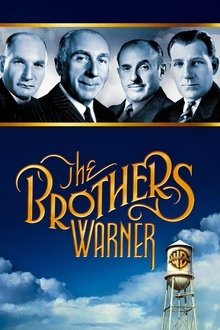
The Brothers Warner (2008)
An intimate portrait and saga of four film pioneers--Harry, Albert, Sam and Jack who rose from immigrant poverty through personal tragedies persevering to create a major studio with a social conscience.
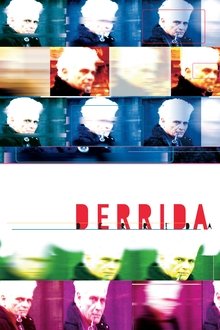
Derrida (2002)
Documentary about French philosopher (and author of deconstructionism) Jacques Derrida, who sparked fierce debate throughout American academia.
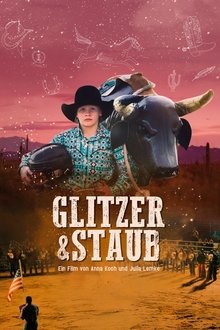
Glitter and Dust (2020)
Four girls living in the lonely vastness of the USA share one passion: The wild world of rodeo. Although they move about in the powerful imagery of the American prairie and the myths of the Wild West, they give it new resonance and break free of it. In a world which used to belong to their fathers and brothers, they prove that "you ride like a girl" is not an insult but a compliment.

Patti LuPone: Songs From a Hat (2023)
Does anyone still wear a hat? Yes: three-time Tony Award-winner Patti LuPone. And her hat is filled with songs, both new and old. See Patti up close and unscripted as she sings and tells stories from her illustrious career—whatever she pulls from the hat. Filmed live at 54 Below on New Year's Day 2023.
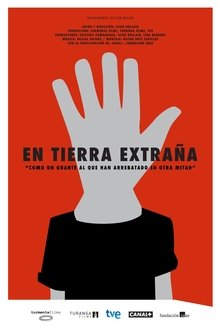
En tierra extraña (2014)
A documentary about the life of young Spanish immigrants in Edinburgh, Scotland, who had to leave Spain due to recession and unemployment.

Jane Birkin: Simply an Icon (2019)
A kaleidoscopic portrait of the English actress and singer Jane Birkin, heroine of pop culture.

Pie Lady of Pie Town (2014)
In the New Mexico desert, pie equals love. Kathy Knapp left her privileged life to bake pie in dusty Pie Town, a once forgotten corner of the world with few amenities. Why? To find her center and give the world pie. This is her story.
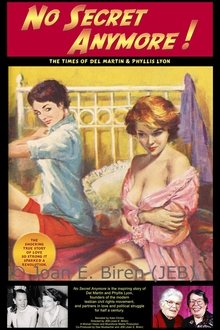
No Secret Anymore: The Times of Del Martin & Phyllis Lyon (2003)
Del Martin and Phyllis Lyon have been partners in love and political struggle for fifty years. With incisive interviews, rare archival images and warmhearted humor, Joan Biren's 2003 film reveals their inspiring public work, as well as their charming private relationship. When they courageously launched the Daughters of Bilitis in 1955, it became the first public organization for lesbians in America. Today, these tireless activists are educating both the LGBT and aging movements on the needs of older lesbians.

Mummies: Secrets of the Pharaohs (2007)
The grail is not the gold, nor the books of ancient wisdom, but the 3,000 year old DNA of the mummies, which may lead to a cure for malaria.
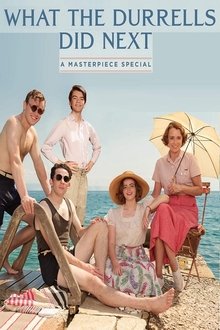
What The Durrells Did Next (2019)
Hosted by Keeley Hawes, star of the popular television series The Durrells, this documentary reveals the adventures of the eccentric Durrell family once they left Corfu, Greece.

Florián Rey: Of Light and Shadow (2022)
The life and professional career of the Spanish filmmaker Florián Rey (1894-1962), a brilliant artist who began his career in silent films and had great commercial success during the Second Republic (1931-1936): a journey to the early days of Spanish cinema.
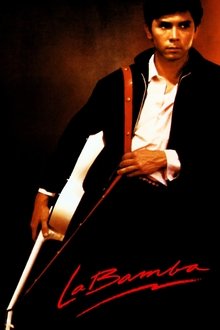
La Bamba (1987)
Los Angeles teenager Ritchie Valens becomes an overnight rock 'n' roll success in 1958, thanks to a love ballad called "Donna" that he wrote for his girlfriend. But as his star rises, Valens has conflicts with his jealous brother, Bob, and becomes haunted by a recurring nightmare of a plane crash just as he begins his first national tour alongside Buddy Holly.